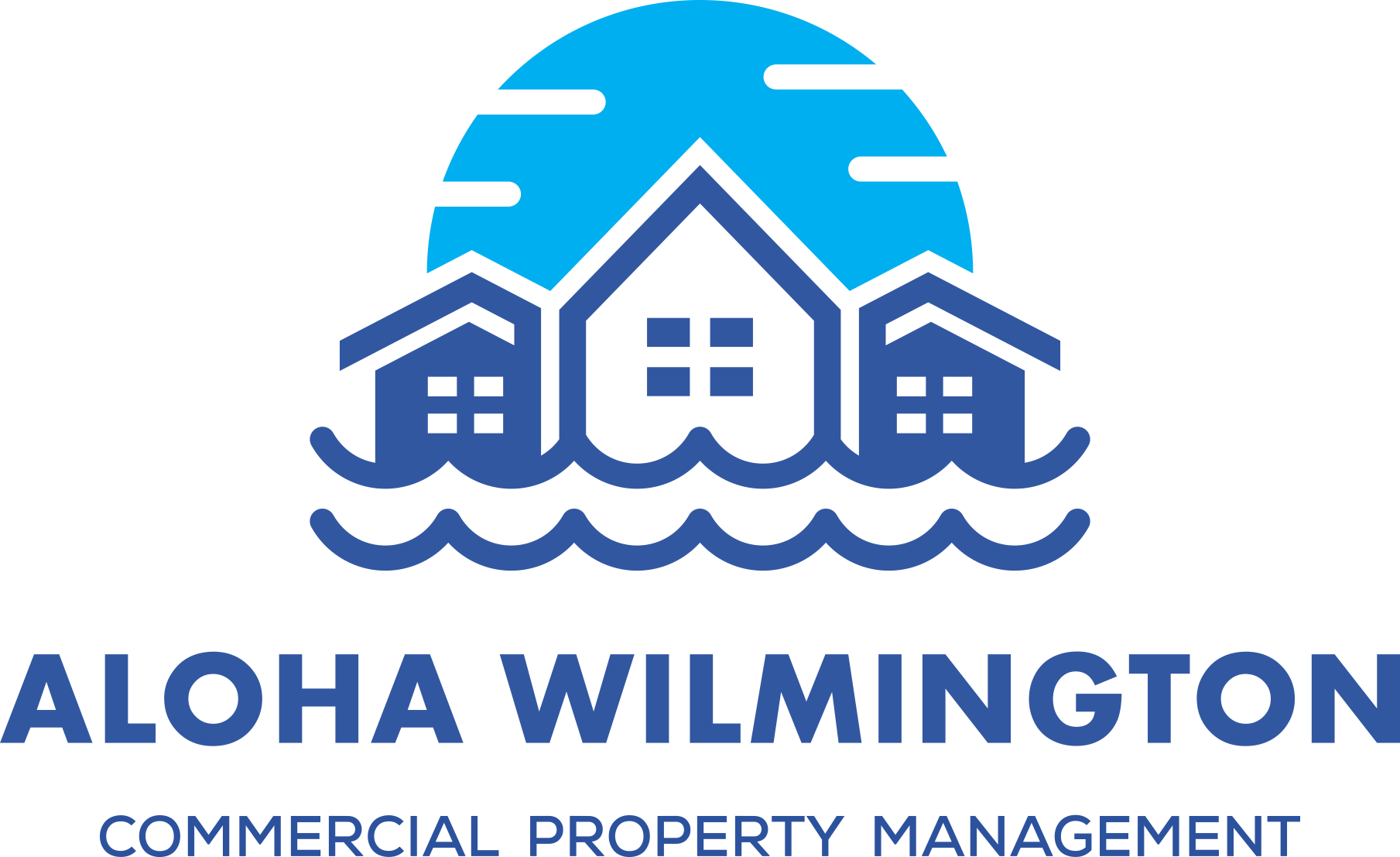Guide To Commercial Property Investing
 Understand Market Trends.
Understand Market Trends.
- Research the Local Market: Keep an eye on market trends, including rental rates, vacancy rates, and property values in your area. Regularly reviewing market reports can help you make informed decisions.
- Economic Indicators: Track broader economic factors like interest rates, employment trends, and regional growth patterns, as they impact commercial property demand and rental income potential.
 Managing Your Property.
Managing Your Property.
- Effective Tenant Screening: Ensure you are selecting tenants who are financially stable and reliable. A strong tenant base helps mitigate the risks associated with vacancies and late payments.
- Routine Maintenance: Regular upkeep of the property not only keeps tenants satisfied but can help prevent costly repairs down the line. Consider a preventative maintenance schedule to address issues proactively.
- Lease Structure: Carefully craft lease agreements that align with your investment goals, whether you prefer long-term, stable leases or shorter-term agreements that allow for flexibility.
 Maximize Cash Flow.
Maximize Cash Flow.
- Rent Adjustments: Ensure that rental rates are in line with current market conditions. Periodically adjusting rents can help ensure your property remains competitive and profitable.
- Diversify Income Streams: Look for opportunities to increase revenue beyond rent. For example, consider offering additional services (e.g., parking, signage, or storage) or adjusting lease terms to include percentage-based rent.
- Expense Management: Keep operating expenses under control by auditing utility costs, insurance premiums, and service contracts to identify areas for cost-saving.
 Risk Management.
Risk Management.
- Market Fluctuations: Research economic trends before investing.
- Vacancy Risks: Choose properties in high-demand areas and attract strong tenants.
- Maintenance Costs: Budget for ongoing repairs and capital improvements.
- Insurance: Ensure that you have adequate insurance coverage to protect your investment from unforeseen circumstances, including property damage, liability claims, or business interruption.
- Legal Compliance: Stay informed about changing local laws and regulations, such as tenant rights, zoning changes, and safety standards. Non-compliance can lead to costly fines or lawsuits.
 Capital Improvement and Value Add Strategies.
Capital Improvement and Value Add Strategies.
- Upgrading the Property: Renovations or improvements, such as updating common areas or enhancing building aesthetics, can increase the appeal and value of your property. These investments can justify higher rents or attract more desirable tenants.
- Repositioning: If the property’s current use is underperforming, consider repositioning the property for a different market segment or type of tenant (e.g., converting industrial space into office or mixed-use).
 Exit Strategy and Long Term Planning.
Exit Strategy and Long Term Planning.
- Sale or Refinance: When the time comes, you may consider selling the property to capitalize on its appreciation or refinancing to unlock additional equity for future investments.
- Tax Considerations: Understand the tax implications of property sales, capital gains, and depreciation. Consulting with a tax advisor can help you plan the most tax-efficient exit strategy.
 Seek Professional Support.
Seek Professional Support.
- Property Manager or Consultant: If managing your commercial property becomes too time-consuming or challenging, consider hiring a property manager or consultant who can assist with day-to-day operations, maintenance, tenant relations, and financial oversight.
- Legal and Financial Advisors: Working with legal and financial professionals ensures that you are meeting all legal requirements and making sound investment decisions for long-term profitability.
 Steps to Get Started.
Steps to Get Started.
- Set Your Investment Goals: Income, appreciation, or both?
- Research and Network: Connect with brokers, other investors, and property managers.
- Analyze Potential Deals: Use tools like cap rates and cash-on-cash returns.
- Secure Financing: Get pre-approved for loans.
- Conduct Due Diligence: Inspect the property, review leases, and analyze financials.
- Close the Deal and Manage the Property: Work with professionals to maximize ROI.
This is not an exhaustive list, nor investment advice. Talk all financial decisions out with your team of advisors and your professional support system, one of whom can be Aloha Wilmington.
